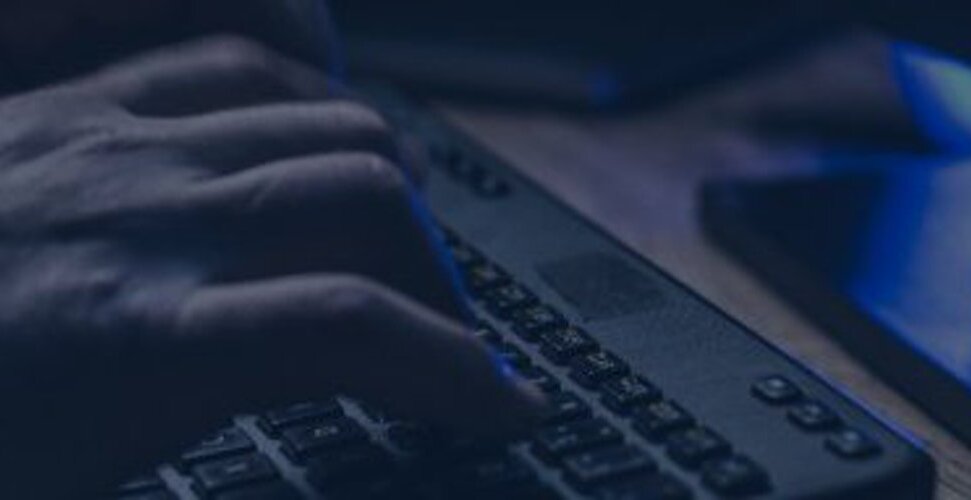Cybercriminals target fans of The Last of Us with recent malware and phishing scams
Hackers and scammers have recently been taking advantage of the excitement surrounding HBO’s new adaption of the popular video game franchise The Last of Us. Technology expert Prateek Jha from VPNOverview.com warns fans of the franchise of the two scams circulating right now.
Recently, Kaspersky researchers shared with VPNOverview details of two separate campaigns — a scam designed to inject PCs with malware and a phishing ploy designed to steal banking information and other financial data.
“Gamers are a popular target for cybercriminals because, in addition to personal information, passwords, and bank card data, scammers may steal their gaming accounts with internal currency and rare skins, for example, using stealers,” Kaspersky told VPNOverview.
Malware offering ‘The Last of Us Part II’ for PC scam
The first of the two scams involve a website offering “The Last of Us Part II” for download. Anyone who attempts to download this fraudulent game will get malware on their device.
“Most often, players get malicious software, stealing sensitive data, on their devices when trying to download a popular game from a third-grade website instead of buying it on the official one,” Kaspersky said. The researchers noted that malware could remain hidden on a device and go “undetected for years.” “Users will not know that something is wrong because it may not cause any visible harm while silently doing its job,” they said.
A PC remake of the original first part of The Last of Us is slated for a March 2023 release; both games are currently exclusive to PlayStation and not available for download. According to a 2022 Kaspersky report on gaming-related cyber threats by Securelist, between July 2021 and June 2022, approximately 384,224 gamers encountered thousands of malware disguised as games.
Phishing scam targeting payment data
The second scam involves a website that offers an activation code for The Last of Us on PlayStation. The phishing site bundles the code with a “gift,” such as a PlayStation 5 or a $100 Roblox gift card.
To receive the code and the…


